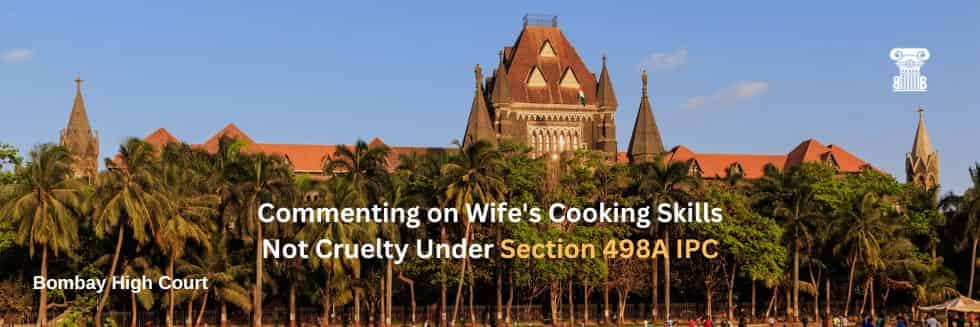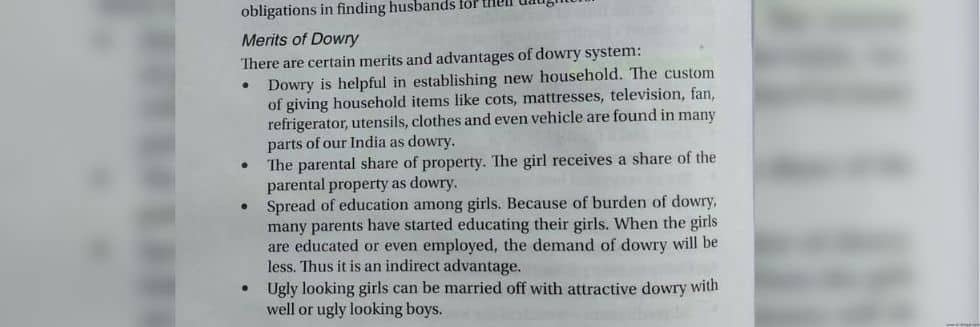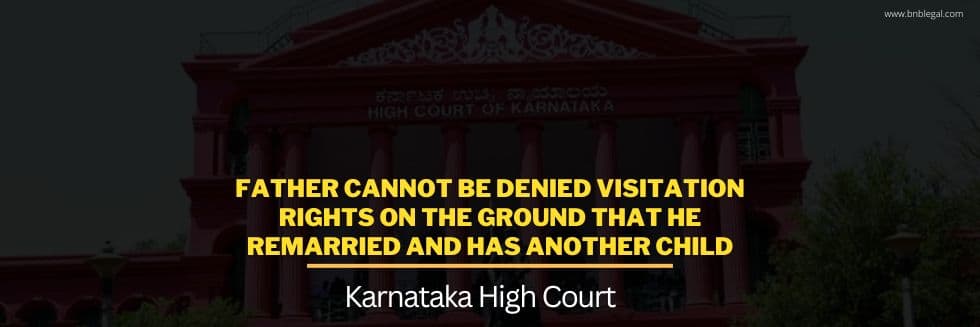In a recent ruling, the Bombay High Court has clarified that making remarks about a wife’s cooking skills does not amount to cruelty under Section 498A of the Indian Penal Code, 1860 (IPC). The case in question, Sandesh Madhukar Salunkhe v. The State of Maharashtra & Anr., has garnered significant attention.
The case was brought before the court by the respondent, a wife who alleged that her husband, Amol Salunkhe, had failed to establish a conjugal relationship with her since their marriage. She further accused her in-laws of taunting and insulting her. The allegations against the petitioners, who were the brother and cousin of the husband, were that they had commented on the respondent’s lack of cooking skills and that her parents had not taught her anything.
Following these allegations, a First Information Report (FIR) was registered against the petitioners under Section 498A of IPC. Subsequently, a petition was filed before the High Court for the quashing of the FIR. The High Court, in its wisdom, allowed the petition and quashed the FIR.
The division bench, comprising Justices Anuja Prabhudessai and N.R. Borkar, observed that commenting on a woman’s inability to cook does not constitute cruelty and would not be considered an offence under section 498A of IPC. The court further noted that minor disputes do not constitute cruelty within the meaning of section 498A of IPC. To be considered an offence under this section, there must be prima facie material to prove willful conduct likely to drive the woman to commit suicide or cause grave injury, and that she was harassed to satisfy unlawful dowry demands.
Section 498A was introduced in 1983 to protect married women from being subjected to cruelty by their husbands or their relatives. The same provision is dealt with in Section 84 of Bhartiya Nyaya Sanhita, 2023 (BNS). It states that if a woman is subjected to cruelty by her husband or his relatives, they could be punished with imprisonment for a term that might extend to 3 years and may also be liable for a fine.
For the purpose of this section, “cruelty” is defined as any willful conduct which is of such a nature as is likely to drive the woman to commit suicide or to cause grave injury or danger to life, limb or health (whether mental or physical) of the woman; or harassment of the woman where such harassment is with a view to coercing her or any person related to her to meet any unlawful demand for any property or valuable security or is on account of failure by her or any person related to her to meet such demand.
The offence under this section is a cognizable and a non-bailable offence. A complaint under Section 498-A may be filed by the woman aggrieved by the offence or by any person related to her by blood, marriage or adoption. If there is no such relative, then by any public servant as may be notified by the State Government on this behalf. A complaint alleging the commission of an offence under Section 498-A can be filed within 3 years of the alleged incident. However, Section 473 of the Criminal Procedure Code, 1973 (CrPC) enables the Court to take cognizance of an offence after the period of limitation if it is satisfied that it is necessary to do so in the interest of justice.
The essential elements for the commission of an offence under Section 498-A are that the woman must be married; she must be subjected to cruelty or harassment; and such cruelty or harassment must have been shown either by the husband of the woman or by the relative of her husband. This ruling by the Bombay High Court provides a significant clarification on the interpretation of “cruelty” under Section 498A of IPC.






